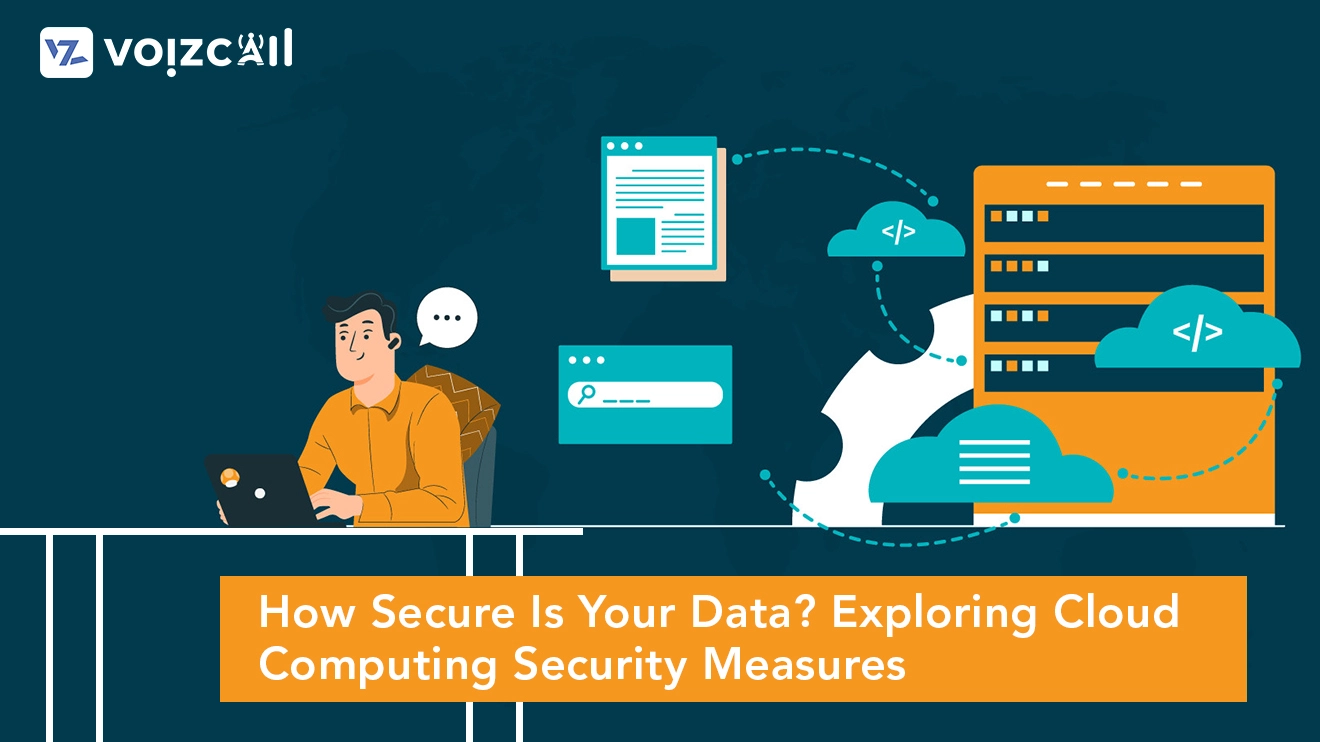


05/Feb/2024
In the era of digital transformation, the question "How secure is your data?" is more pertinent than ever. As businesses increasingly migrate to cloud computing, understanding and exploring cloud computing security measures becomes crucial for safeguarding sensitive information.
One of the fundamental aspects of cloud computing security is encryption. Data transmitted between users and the cloud, as well as within the cloud infrastructure, is encrypted to protect it from unauthorized access. This ensures that even if a breach occurs, the intercepted data remains indecipherable without the proper encryption keys.
Authentication and access controls are integral components of cloud security. Robust identity verification processes and strict access permissions help prevent unauthorized users from gaining entry to sensitive data. Multi-factor authentication adds an extra layer of protection by requiring users to verify their identity through multiple means.
Regular security audits and monitoring contribute significantly to data security in the cloud. Continuous scrutiny of the cloud environment identifies potential vulnerabilities or suspicious activities, allowing for prompt response and mitigation. Automated monitoring tools can quickly detect anomalies and unauthorized access attempts.
Additionally, cloud service providers implement comprehensive physical security measures at their data centers. These measures include surveillance, access controls, and environmental controls to safeguard the physical infrastructure that hosts the cloud servers.
Cloud computing security measures also extend to data backup and recovery strategies. Regularly backing up data ensures that even in the event of a security breach or data loss, businesses can quickly restore their information and maintain business continuity.
In conclusion, exploring cloud computing security measures is essential for businesses entrusting their data to the cloud. Encryption, authentication, monitoring, physical security, and data backup collectively create a robust defense against evolving cyber threats, ensuring the integrity and confidentiality of sensitive information in the digital landscape.